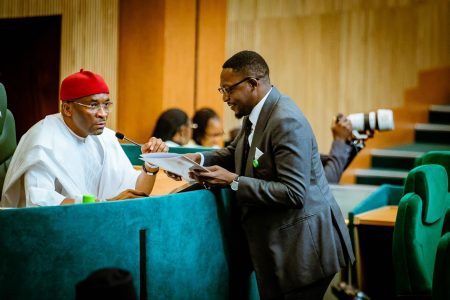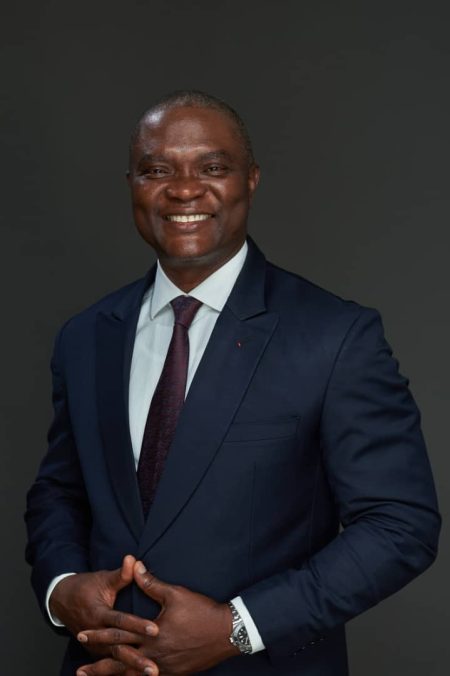A bill proposing Nigeria’s return to the parliamentary system of government has advanced to the second reading in the House of Representatives.
The legislation, sponsored by Minority Leader Kingsley Chinda and 59 others, seeks to amend the 1999 Constitution to introduce the office of a Prime Minister as Head of Government while the President serves as Head of State.
The bill was among 32 constitutional amendment proposals approved during a plenary session presided over by Deputy Speaker Benjamin Kalu. If passed, it would shift executive power from the President to a Prime Minister elected by the legislature.
Nigeria previously operated a parliamentary system during the First Republic (1960-1966), with Sir Abubakar Tafawa Balewa as Prime Minister and Dr. Nnamdi Azikiwe as ceremonial President. However, the system was abolished following a military coup in 1966.
Efforts to revive the system have gained traction. In February 2024, 60 lawmakers advocated for a constitutional amendment, arguing that a parliamentary model would lower governance costs and promote stronger policy debates.
The proposed transition would apply at federal, state, and local government levels, potentially reshaping Nigeria’s political structure if fully enacted.


![Man is not built to sexually be with one woman’ – 2Face Idibia [VIDEO]](https://kwaraexpress.com/wp-content/uploads/2025/07/IMG_2094-259x300.jpeg)







![Man is not built to sexually be with one woman’ – 2Face Idibia [VIDEO]](https://kwaraexpress.com/wp-content/uploads/2025/07/IMG_2094-450x522.jpeg)


